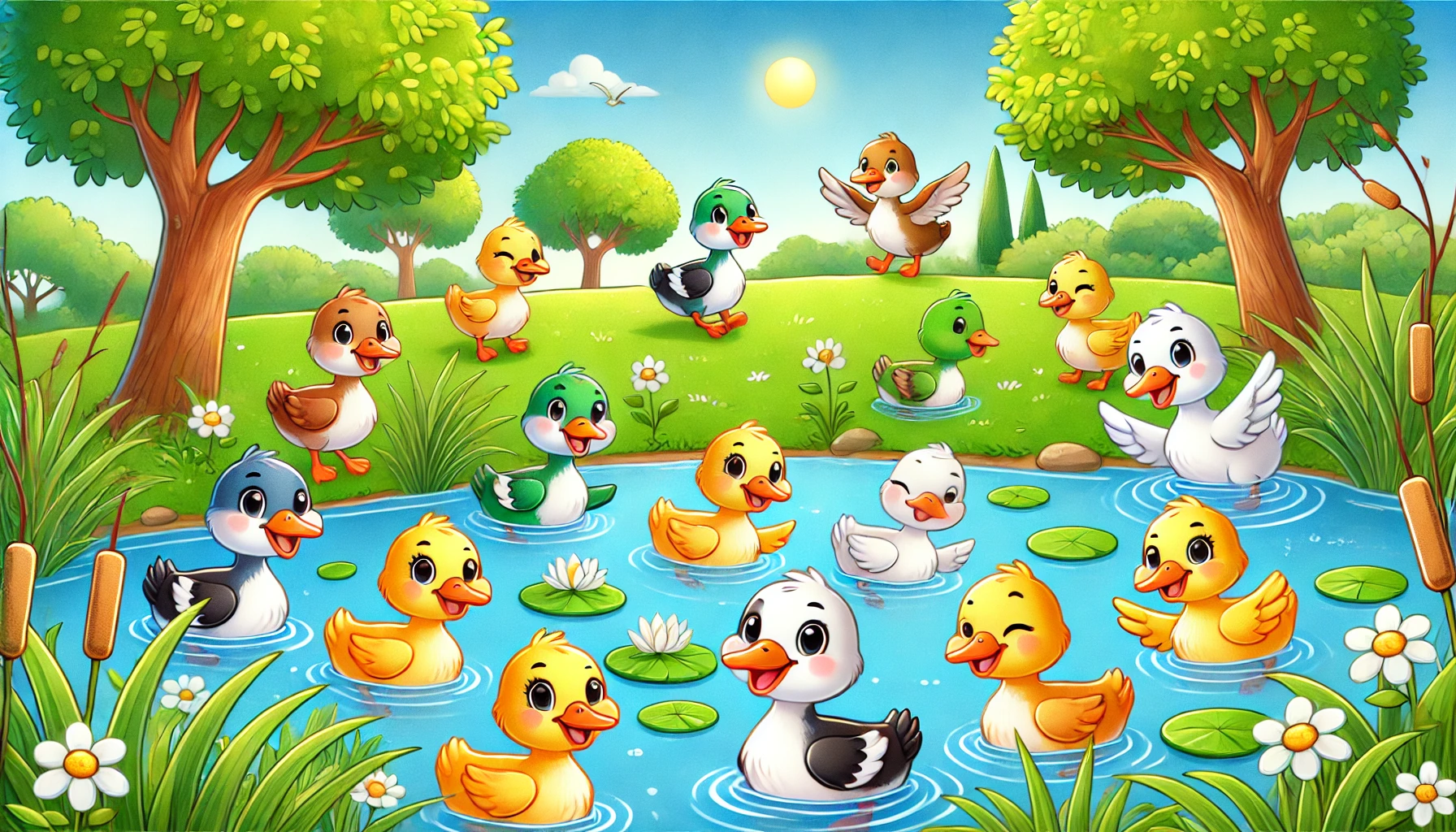Interesting Facts About Ducks and Their Behavior
Interesting Facts About Ducks and Their Behavior
Table of Contents:
- Introduction to Ducks and Their Behavior
- The Different Species of Ducks
- How Ducks Migrate and Adapt to Their Environments
- The Role of Ducks in Wetland Ecosystems
- Why Ducks Are Popular in Backyard Ponds and Parks
- Conclusion: Understanding the Unique Nature of Ducks
Interesting Facts About Ducks and Their Behavior
Ducks are some of the most familiar and beloved waterfowl, known for their playful quacks, vibrant plumage, and graceful swimming. Found in almost every part of the world, ducks have adapted to a wide range of environments and have fascinating behaviors that make them unique. In this article, we will explore interesting facts about ducks, their behavior, and their vital role in ecosystems.
1. The Different Species of Ducks
There are over 120 species of ducks worldwide, with many of them inhabiting freshwater lakes, rivers, wetlands, and coastal areas. Some of the most well-known species include the mallard, wood duck, and northern pintail. The mallard, which is recognized by its striking green head and yellow bill, is one of the most widespread species of ducks and can be found in various regions across North America, Europe, and Asia. The wood duck, native to North America, is known for its bright colors and distinctive crested head, while the northern pintail is admired for its long, sleek neck and migratory behavior. Each species of ducks has evolved unique characteristics that help them thrive in their respective habitats.
2. How Ducks Migrate and Adapt to Their Environments
Migration is a key aspect of duck behavior, with many species traveling long distances to find suitable breeding grounds or warmer climates during winter months. Ducks use natural landmarks, the position of the sun, and the Earth’s magnetic field to navigate during migration. Some species, such as the northern pintail and teal, migrate thousands of miles between North America and Central or South America. In addition to migration, ducks are highly adaptable birds, able to survive in a variety of climates and environments, from tropical wetlands to arctic tundras. They have developed waterproof feathers that allow them to stay warm and dry, even in cold waters, and webbed feet that make them excellent swimmers.
3. The Role of Ducks in Wetland Ecosystems
Ducks play a crucial role in maintaining the health of wetland ecosystems. As herbivores and omnivores, ducks feed on aquatic plants, insects, and small fish, helping to control populations of pests and maintain the balance of vegetation in wetlands. By consuming seeds and dispersing them across their habitats, ducks also contribute to plant growth and biodiversity. Additionally, their droppings help fertilize the water, providing nutrients for aquatic plants. Ducks are also an important food source for predators, including birds of prey, foxes, and humans. Their presence in wetlands is a sign of a healthy ecosystem, and they play a key role in supporting the overall biodiversity of these environments.
4. Why Ducks Are Popular in Backyard Ponds and Parks
Many people enjoy attracting ducks to their backyard ponds and parks due to their social behavior and colorful appearance. Ducks are often seen paddling in ponds, dipping their heads underwater to forage for food, or interacting with other birds. Their friendly nature and willingness to live in proximity to humans make them popular in urban parks and recreational areas. By providing food sources such as grain, seeds, and cracked corn, and ensuring a safe environment free from predators, you can easily attract ducks to a backyard pond or local park. It’s important, however, to avoid feeding them bread, as it provides little nutritional value and can harm their health.
5. Conclusion: Understanding the Unique Nature of Ducks
In conclusion, ducks are remarkable birds with a wide range of behaviors and adaptations that allow them to thrive in various environments. From their long migratory journeys to their important role in wetland ecosystems, ducks contribute significantly to the health of their habitats. Their playful nature and adaptability make them a delight to observe, whether in a backyard pond, local park, or natural wetland. By learning more about ducks and their behavior, we can appreciate their role in nature and the importance of protecting their habitats for future generations.

<ⓒ WizardMedics (wizardmedics.com)>


